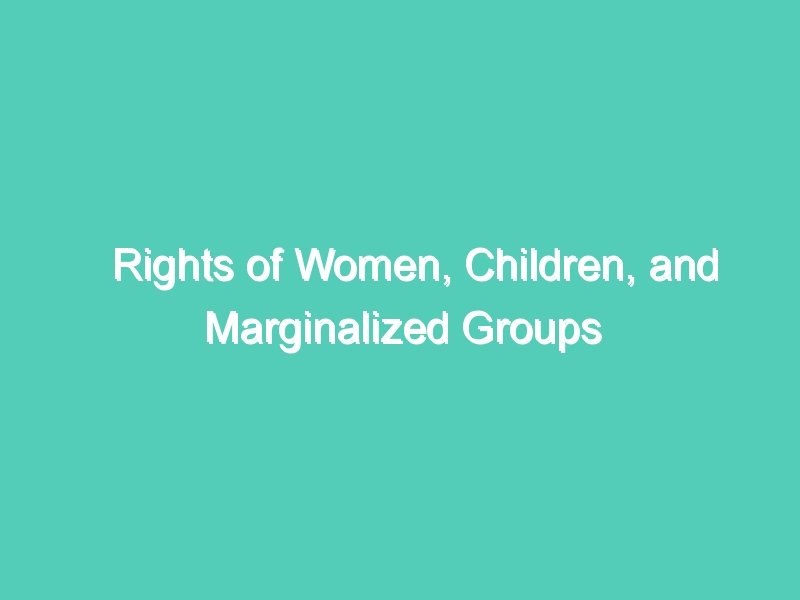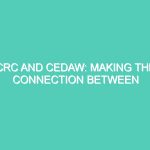Women, children, and other marginalized groups are often the least likely to be consulted about a project that will impact their livelihoods, yet bear the brunt of impacts such as denial of access to water, food security threats, and physical and sexual abuse. Our approach identifies and addresses forms of marginalization and hierarchy that are specific to each community where we work. We employ respect-based methods to ensure that women, children and other marginalized people are included as full participants in community strategies seeking accountability so that those with the power to stop abuses and make change respect their rights and needs.
When communities in Liberia harmed by a biomass project asked Accountability Counsel to support them through a complaint to the U.S. agency that funded the project, we applied our respect-based approach. Because of our efforts to reach out to women, children, and other marginalized groups, our clients shared for the first time that there had been widespread sexual abuse by company employees, gender-based workplace discrimination, and increased danger to women in childbirth and additional burdens for women and girls tasked with traveling far distances to fetch water due to water contamination caused by the project. Through our work, we documented these impacts in an official complaint, video, and in the media, while protecting and advancing the rights of the women who came forward. Our advocacy resulted in a full investigation verifying abuses and prompted changes to U.S. federal law to ensure that these types of abuses are prevented in the future.
Relevant Cases Include: Ridge to Reef Conservation Project, Myanmar | Oil in the Amazon, Peru | Oro Province Palm Oil, PNG | Biomass Project in Buchanan, Liberia| Hydroelectric Power in Oaxaca, Mexico | Caracol Industrial Park, Haiti | Airport Expansion Project, Colombia



